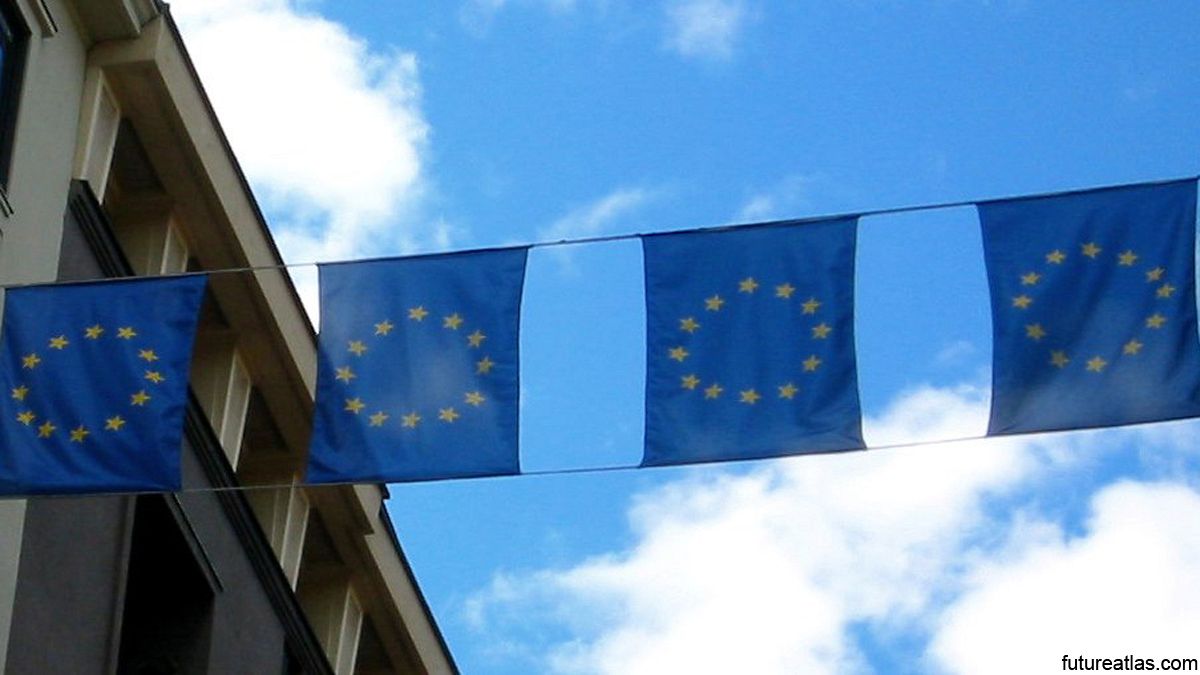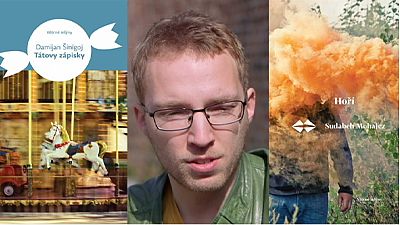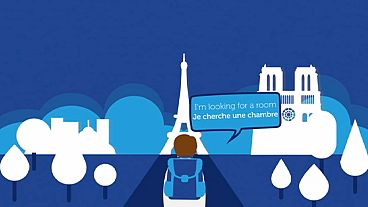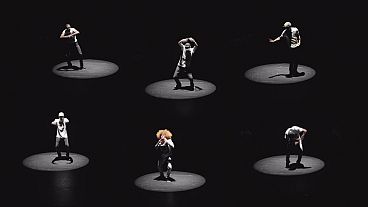 

Over the past few decades Europe has been in full integration mode. Its economy, borders, population, social security rights, politics, currency and industries have all been affected by this process.
Yet while we are focusing on intercultural dialogue and integration of the 28 member states we often neglect other ethnic minorities.
People from ethnic backgrounds different to that of the dominant group of a country, whether indigenous or migrant, often fail to be represented or have their needs heard in this process.
Even worse, Europe – in the grip of an ongoing economic crisis – has become more xenophobic and conservative. So how can immigrant youth integrate in our continent and contribute to their local communities?
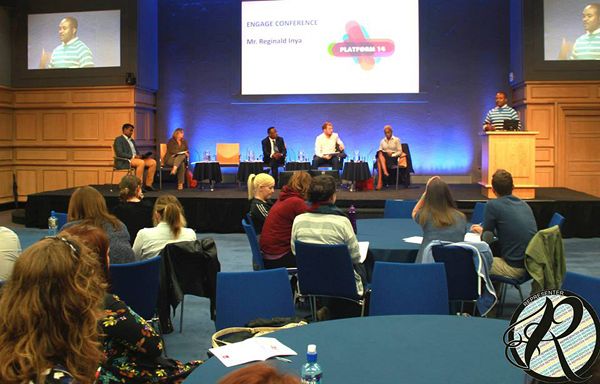 At the Engage Conference, 2014
At the Engage Conference, 2014
Zephrynus “Zeph” Ikeh, the founder and CEO of Africa-Irish Development Initiative Ltd (AIDI) and Project Coordinator of Black History Month Ireland (BHMI), describes how many young African immigrants are coping in Ireland.
Zeph believes that the educational system in Ireland is not addressing the diversity of the country. “Everything in Irish schools is taught form the European/Irish perspective. This makes it hard to understand more about your identity as an African and Irish citizen,” he describes.
Zeph adds that many teachers in Irish schools do not make an effort to pronounce their African students names correctly. As result, pupils of African origin can feel different, which leads to a lack of communication and trust and consequently these students find that their performance is affected. Some say they would like to have more African teachers in schools as one way of feeling more included in the communities they are growing up in.
“Why is it so difficult for Europeans to have an African as a primary or secondary school teacher after all?” Zeph asks. He assures that most black youths have no issues with other Irish students, but they see the attitude of their teachers as a problem.
There is another matter that young Africans face when it comes to their education; the admission fees for the higher educational institutions, which are three times higher for students that do not hold Irish citizenship. Scholarships are also very hard to come by.
Zephyruns Ikeh
“Even for young Africans who are legally in Ireland and have a residency permit, their parents find these fees very difficult to cope with. Plus there is a lack of grants for African migrant children,” Zeph describes.
“Most of the parents that reside in Ireland are not working either because of visa restrictions, or they are on social welfare. They simply cannot afford such high fees for their children’s education,” he continues.
Additionally for those parents who have attained Irish citizenship and have access to employment or a work permit, research has shown that their chances of finding a job are far less than the Irish and other EU citizens.
Young Africans in Ireland are socially excluded from many things, starting with the media where Ireland’s television programmes represent very little diversity. Instead there is the constant portrayal of Africa as poor and in continuous need of foreign Aid.
Though many black youths love both Irish and African culture, music, arts and cuisine, they wish they could see more African cultural elements entering mainstream Irish society. Zeph explained that a common sentiment in the community is that Irish society refuses to acknowledge they are here to stay.
A lot of the problems for black youths in Ireland arise from a 2004 referendum result on Irish citizenship. This 27th amendment of the Irish Constitution means that children born on the island of Ireland, to parents who are both non-nationals, no longer have a constitutional right to citizenship.
The Irish government presented the amendment to bring Irish law into line with the rest of Europe. In 2004, no other nation of the EU granted citizenship by birth like Ireland.
This law prevents children, born to immigrant parents in Ireland, from gaining Irish citizenship until they are 18 years of age. According to Zeph, that was a strong message of what Ireland thinks of immigrant children. “It created a huge gap,” he explains. “It takes a child born here 18 whole years to become a citizen of Ireland. You can imagine the frustration this child is going to face, until then,” he continues.
These children are very willing to contribute to Irish and European society, yet equal rights are not accessible for them for most of their adolescence. For many that is a long time of uncertainty, while Irish children can utilise all benefits and forge ahead with their plans.
“Growing up and being born in Ireland makes this home, they know no other,” Zeph describes. African youths have to “make it or break it” in Ireland and in Europe in general. “They are the future of this nation too and they have to build a future they must own and love,” he adds. But that requires equality. The general sense of exclusion infuriates many minority groups, negative sentiments get bottled up and because of their relative isolation their voices go unheard, the result – a lot of anger and further alienation.
“The situation could result in violence and Europe could experience incidents like those in the USA recently,” Zeph adds, referring to the recent Ferguson riots.
Ireland and Europe should try to achieve a comprehensive immigration policy that would be fair to the migrants and the natives alike. According to Zeph, that could only come through open dialogue between the Irish or European leadership and mostly with second generation young Africans. Unfortunately he has found that the authorities do not have the time to sit around the table with immigrant youths and find a two way solution.
“Every young person in this country should be given equal opportunities, whether you are an immigrant or Irish. Nobody knows who is going to be the next Steve Jobs, if he is coming from Ireland or if he is of immigrant background,” states Zeph.
He believes that if European states allow potential talents to blossom, then young people of all backgrounds will utilise these opportunities and in return, they will potentially benefit their local communities.
One of the mottos of the European Union is “United in Diversity”. The diversity and equality, though, seems to mostly apply to the native citizens of its members. It is becoming clear that Europe needs to rethink the model of its future society, as well as the role of its citizens and immigrant communities in it.
We should not create second class citizens and if we have difficulty in integrating individuals of a different ethnic background, then perhaps it is time to reform our immigration policies altogether.
Ireland was only used as an example in this article. The problems exist in every EU member state and so the solution could also be found through a European context.
A hero's welcome home! Arriving home, top 10 #TeacherPrize finalist Phalla Neang has been welcomed as a national hero by…
Posted by Global Teacher Prize on Saturday, 21 March 2015
